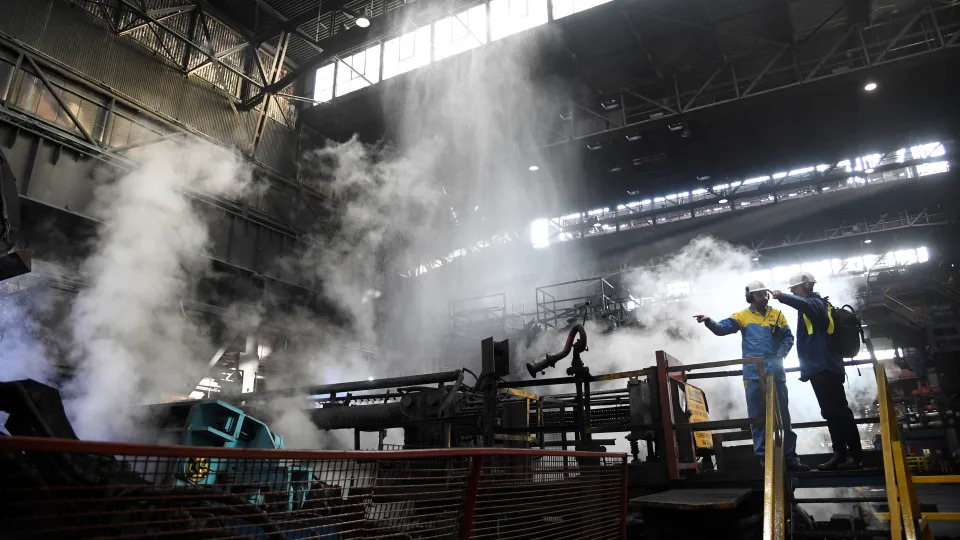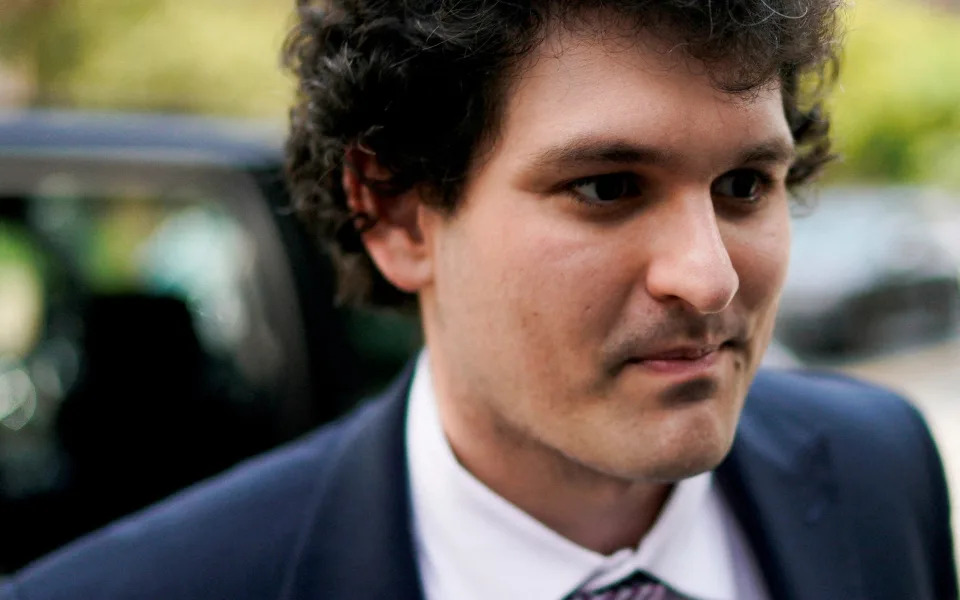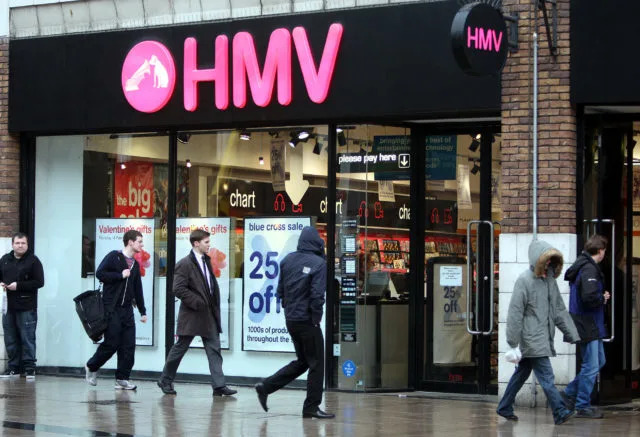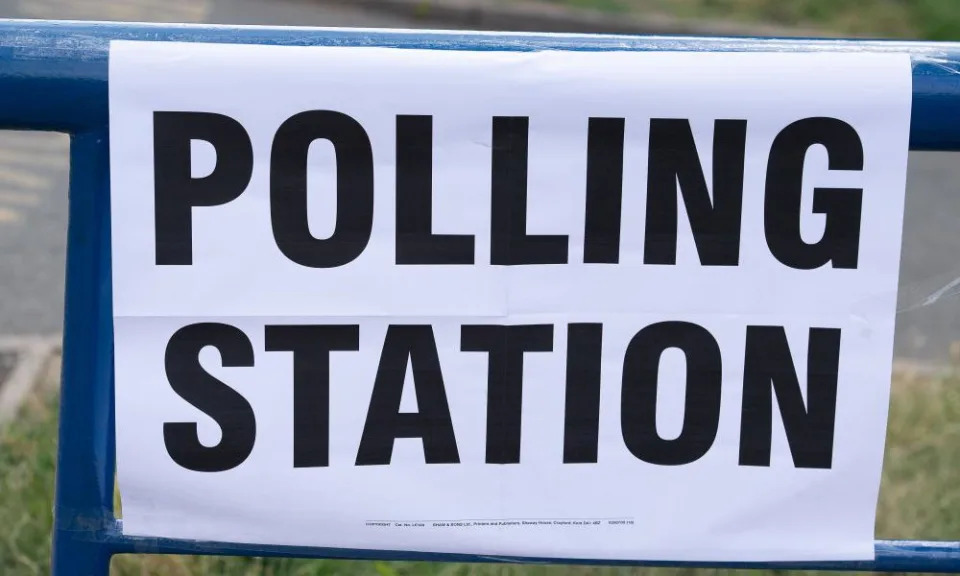Matthew Field
Sat, 2 September 2023
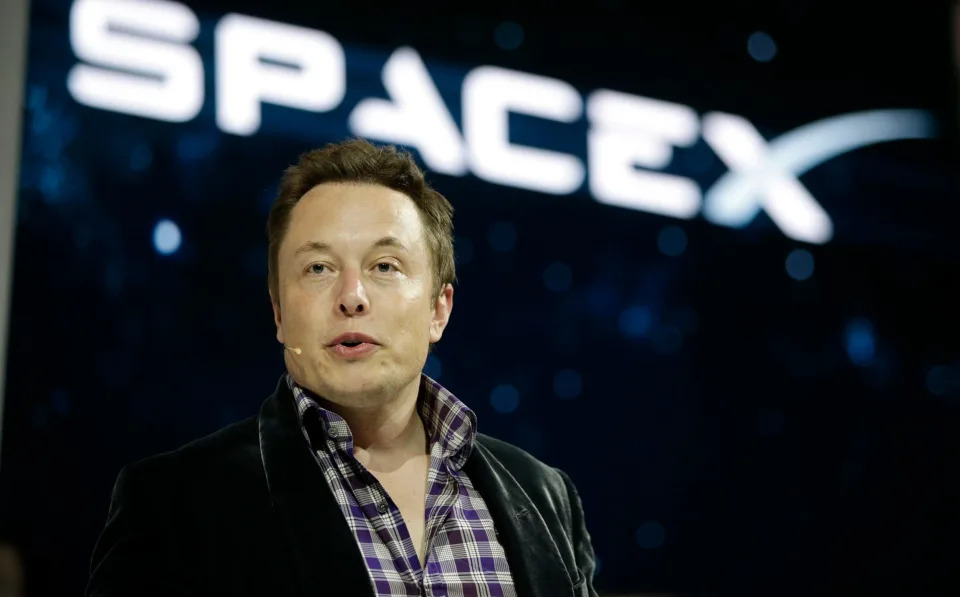
Viasat has hit back at Elon Musk's 'years-old, unfounded’ claims - (AP Photo/Jae C. Hong
Elon Musk’s SpaceX has been accused of trying to “hijack” the £5.5bn takeover of a British satellite company after demanding US authorities re-run an investigation into the deal.
The Tesla billionaire’s space company has written to a US regulator demanding it “expeditiously review and rescind” a decision to green light a merger between American company Viasat and Britain’s Inmarsat.
SpaceX, which has launched a vast satellite network called Starlink, has claimed Viasat is causing interference with its satellites and breaching its licensing conditions in a long-running row between the two companies.
Viasat has hit back by accusing Mr Musk of creating the risk of orbital collisions by launching thousands of small satellites.
SpaceX previously tried to block the multibillion pound Inmarsat takeover, but it was cleared by regulators.
Though the deal has closed, Mr Musk’s company has now demanded a further review over the transfer of control of Inmarsat’s satellites, which are used for maritime communications and defence.
In a filing with the Federal Communications Commission (FCC), SpaceX said the acquisition was “contrary to the public interest” because of Viasat’s “blatant disregard” for regulations. It said the regulator had “improperly” failed to consider its claims the first time.
Viasat hit back by saying the complaint “dredges up a years-old, unfounded” accusation. It said the FCC had already found it “qualified to obtain licences” and that its rival’s latest assault was an attempt to “hijack” the takeover.
A Viasat spokesman said: “These are old arguments that have been tried and failed before - the FCC expressly rejected them in clearing the acquisition. And they will certainly fail again.
“Our focus is on integrating Inmarsat’s assets and capabilities into the Viasat family to offer the innovative new services our customers want.”
Mr Musk has previously lashed out at Viasat. In 2020, after Viasast warned about Starlink’s potential impact on space debris, Mr Musk tweeted that Starlink “poses a hazard to Viasat’s profits, more like it”.
The Inmarsat takeover was cleared by regulators in the UK and the US and completed in May, bringing together two major satellite providers as the industry attempts to counteract Starlink’s rapid expansion.
Headquartered in California, Viasat provides satellite broadband, in-flight Wi-Fi and military communications from craft orbiting high above the earth. Hundreds of thousands of people use its satellites for broadband in remote areas.
However, it has suffered a series of setbacks this year after two of its satellites malfunctioned shortly after launch.
Analysts and industry reports have estimated the cost of the two craft to be in excess of $1bn, although if they are a total loss some of this will be covered by insurance.
